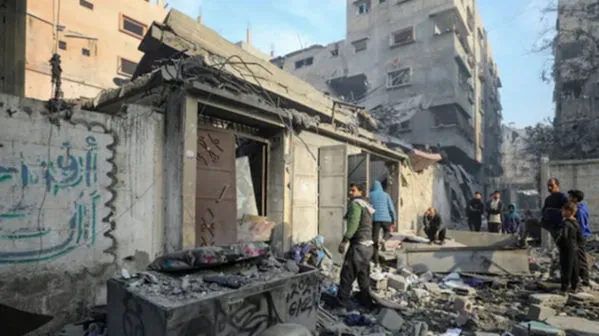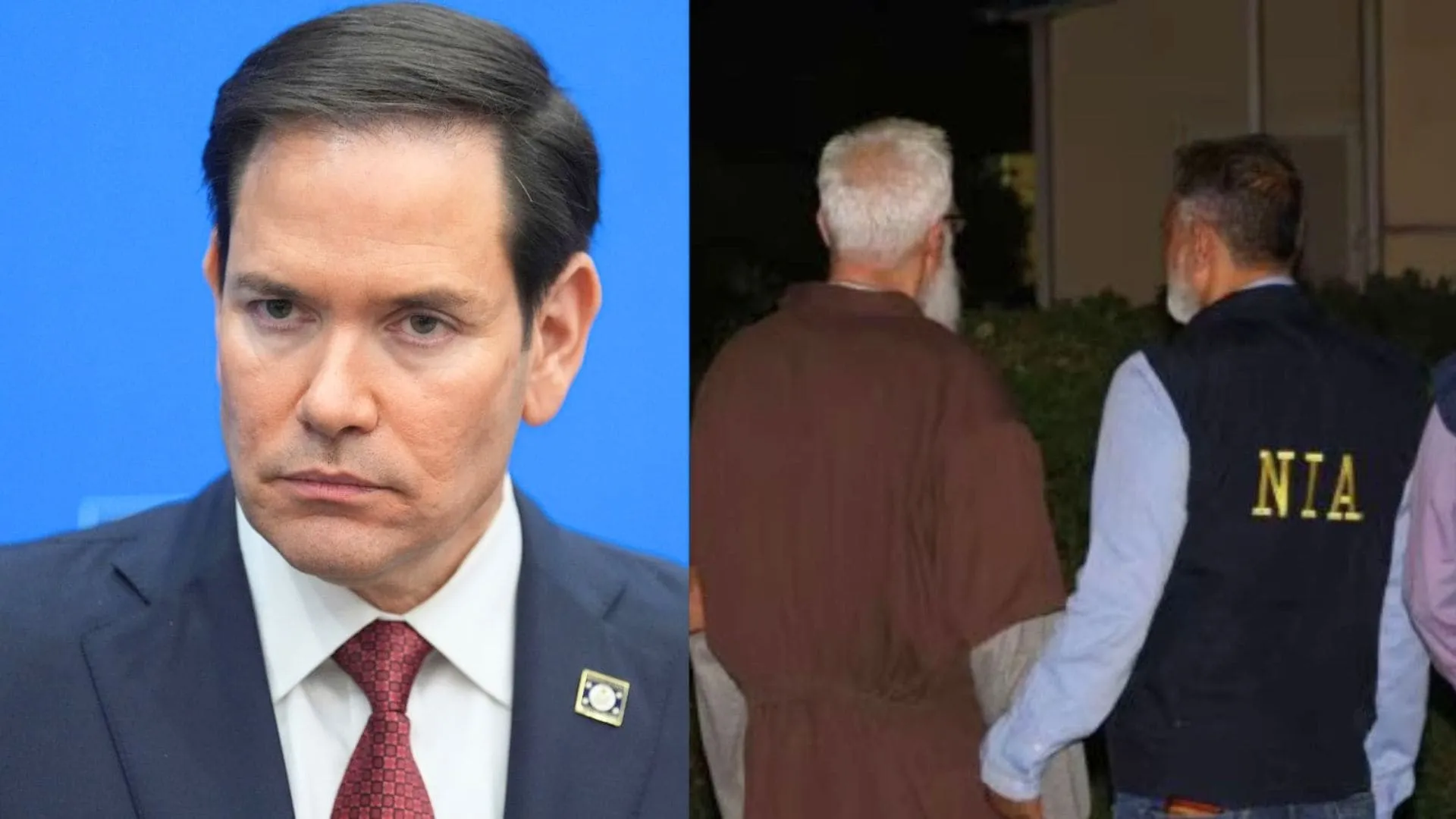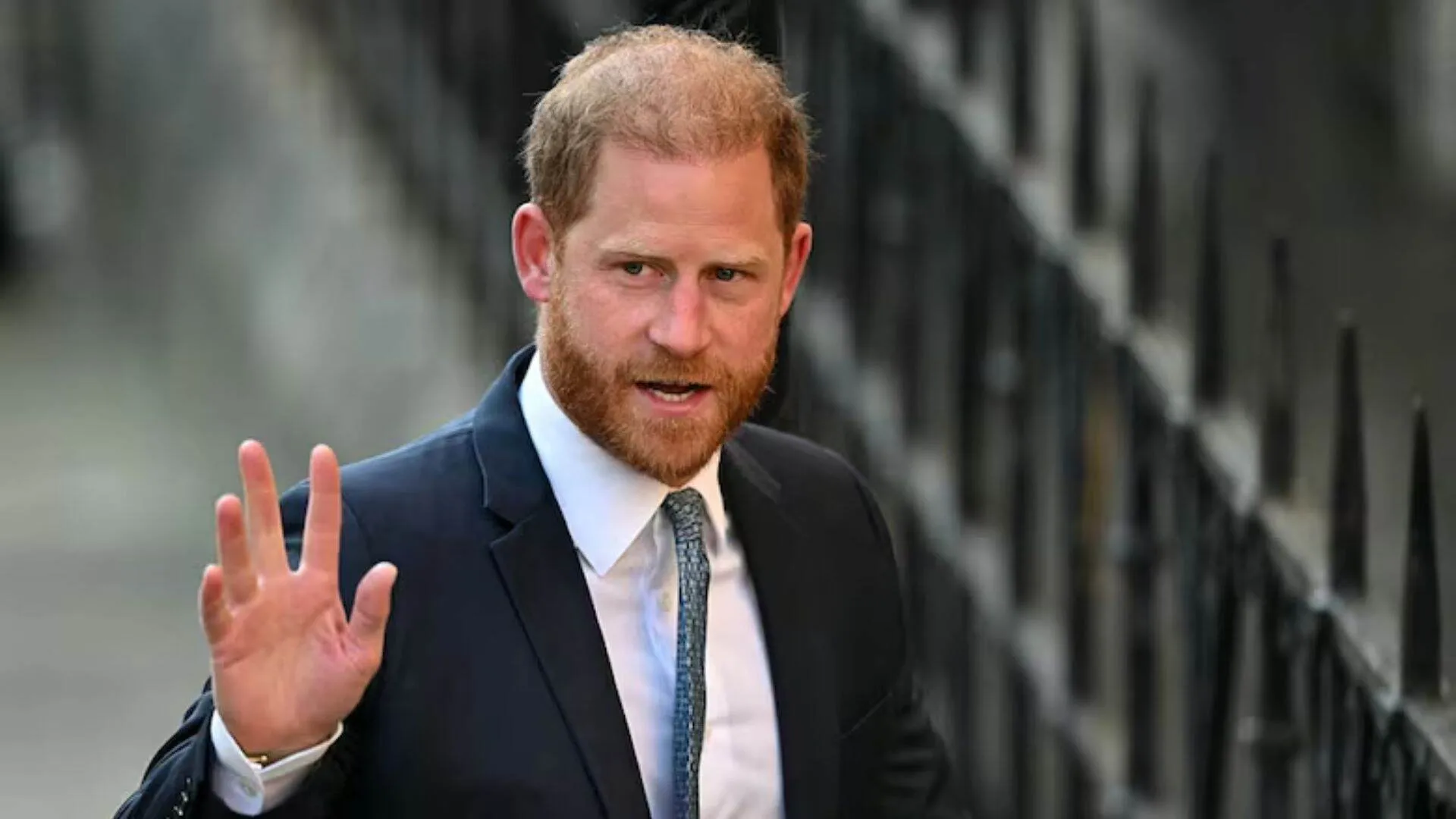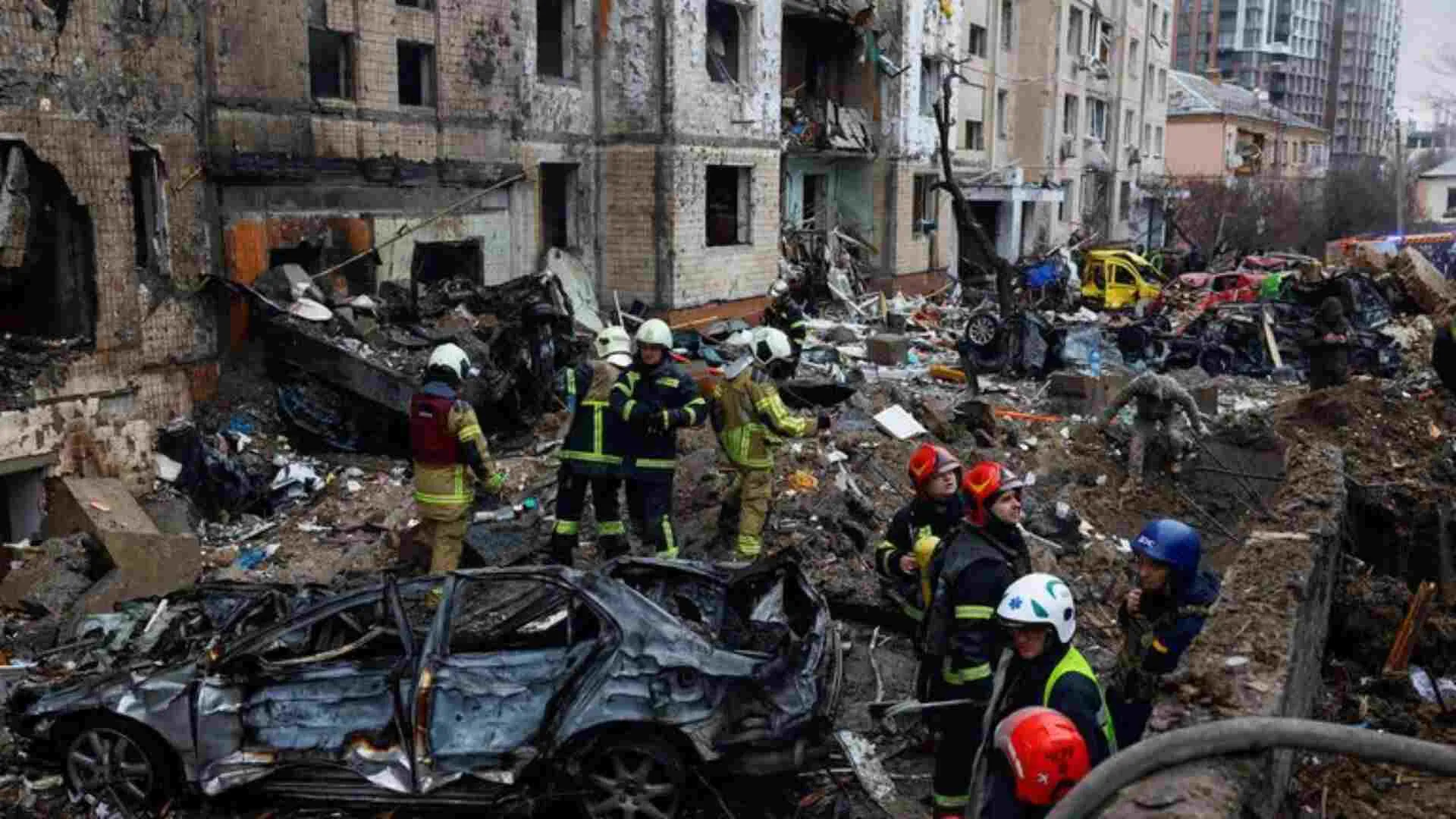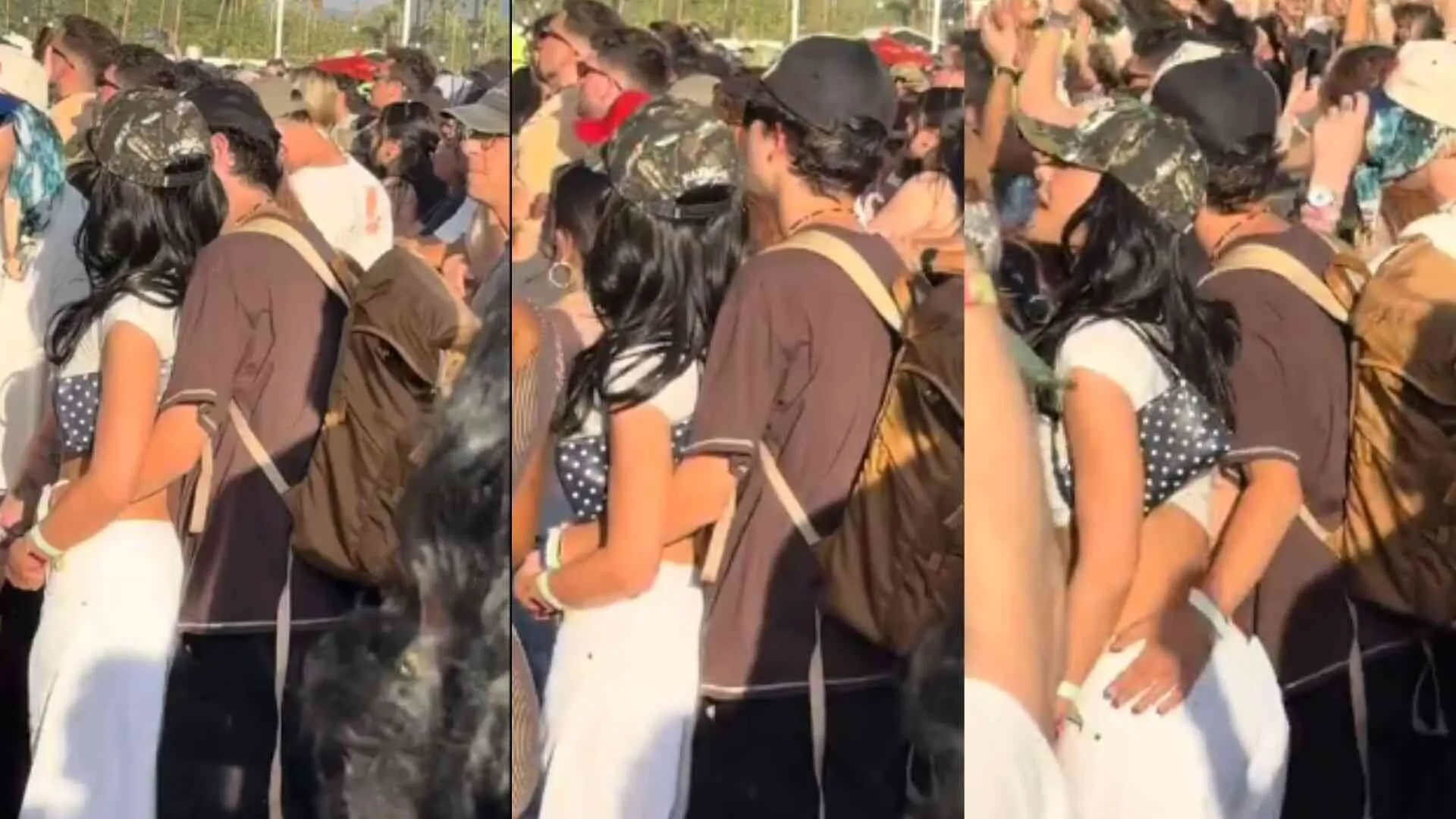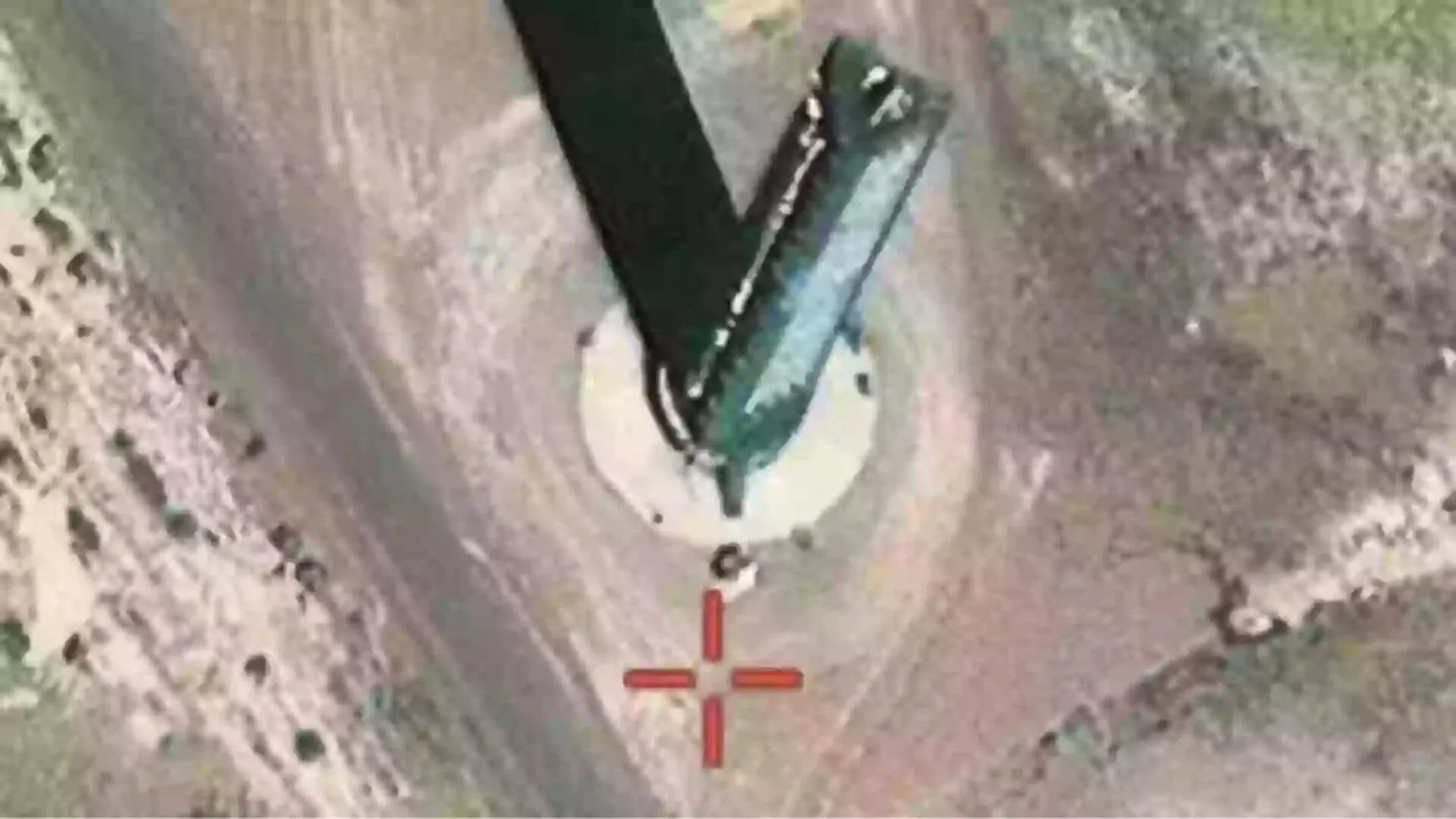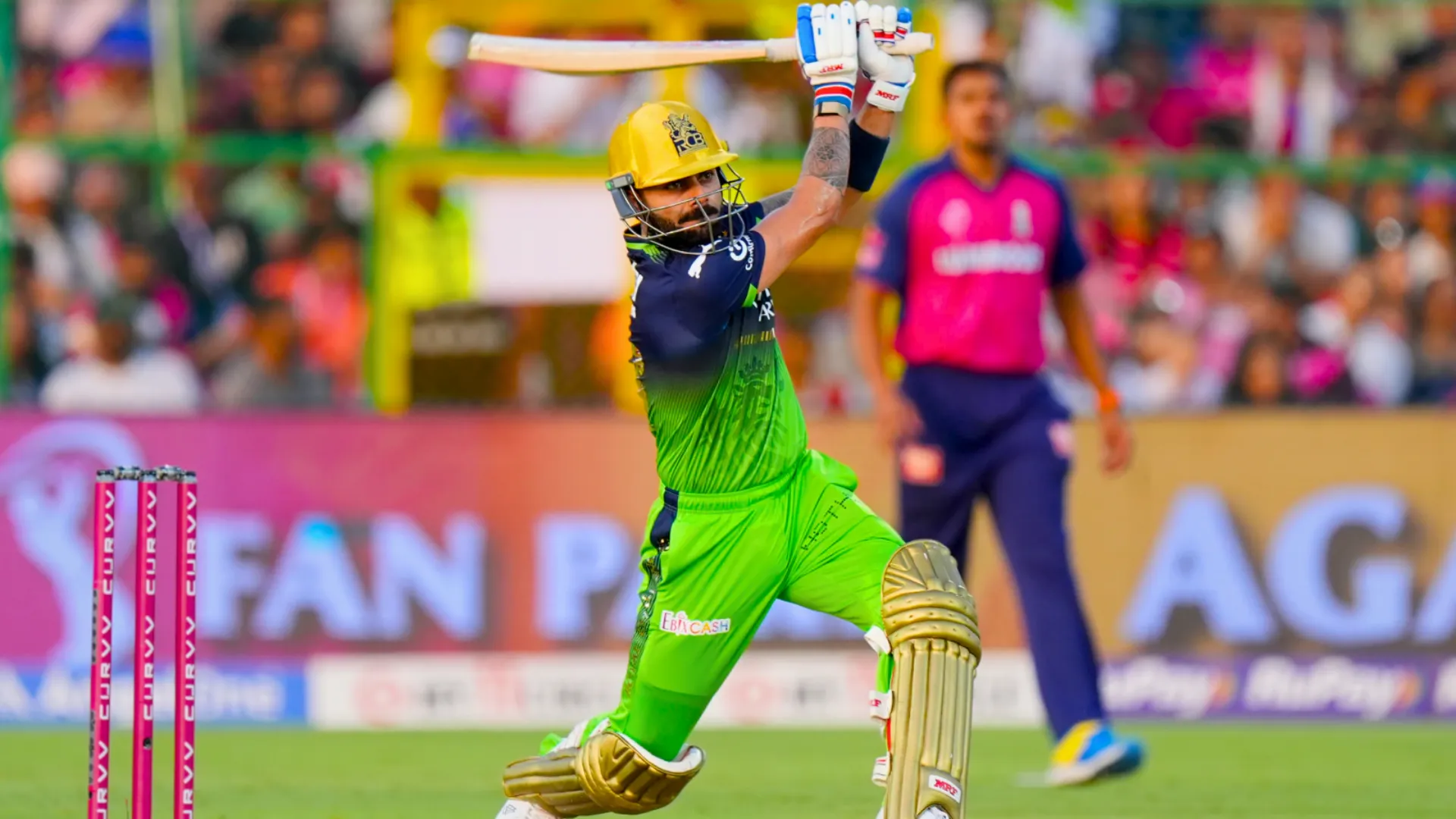Qatari mediators have proposed a draft deal between Israel and Hamas. This agreement aims to stop the fighting in Gaza and initiate the exchange of hostages for Palestinian prisoners. The discussions are progressing well, and an agreement may be close.
Hostage Release
In the first phase, 33 hostages will be freed. These hostages include children, women (including female soldiers), elderly men, and those who are sick or wounded. Israel believes most of them are still alive, though it has not received official confirmation from Hamas.
If this stage proceeds as planned, the second stage will begin 16 days after the deal starts. During this stage, male soldiers and men of military age will be released, and the bodies of deceased hostages will be returned.
Troop Withdrawal
Israeli forces will gradually withdraw from Gaza. Initially, they will stay near the border to protect Israeli towns and villages. Security measures will be put in place along the Philadelphi corridor in southern Gaza. After a few days, Israel will pull back from some areas.
North Gaza residents will be allowed to return. However, strict controls will prevent weapons from being smuggled in. Israel will also withdraw from the Netzarim corridor in central Gaza.
Prisoner Releases
Palestinian militants convicted of deadly attacks will be released. However, the number of prisoners depends on the number of living hostages. Released prisoners will not be sent to the West Bank. Hamas fighters involved in the October 7, 2023, attacks will not be released.
Increased Humanitarian Aid
Humanitarian aid to Gaza will significantly increase. The United Nations has warned of a severe humanitarian crisis in Gaza. While Israel allows aid, there have been disputes over the amount and distribution. Criminal gangs are also looting supplies.
Future Governance of Gaza
The question of who will govern Gaza after the war remains unclear. The current talks have not addressed this issue due to its complexity. Israel has stated that Hamas will have no role in Gaza’s future governance. It has also rejected the involvement of the Palestinian Authority.
Israel intends to retain security control over Gaza after the conflict ends. The international community believes Palestinians should govern Gaza. However, efforts to find alternatives to Hamas or the Palestinian Authority have been unsuccessful. Israel, the UAE, and the U.S. have discussed a temporary administration for Gaza until a reformed Palestinian Authority can take over.

